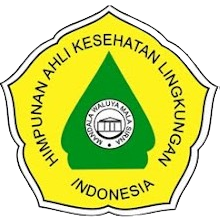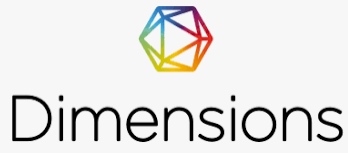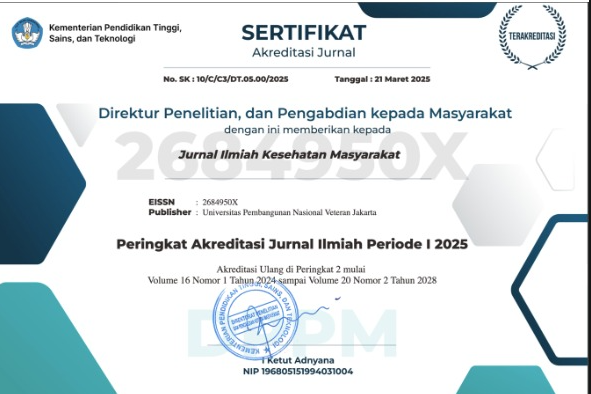Urban Heat Islands, Rising Temperatures, and Their Impacts on Global Public Health: A Narrative Review
Abstract
Background: The Urban Heat Island (UHI) phenomenon, caused by rapid urbanization and changes in surface characteristics, significantly impacts public health, particularly in densely populated urban areas. UHI leads to higher temperatures in urban regions compared to rural areas, especially during heatwaves, which are further exacerbated by climate change.
Method: The method employed in this systematic review involves utilizing secondary data from articles published in international journals. The search was conducted using databases such as Google Scholar, Science Direct, and PubMed, focusing on articles from the last five years (2020-2024).
Results: This review identified 20 relevant articles highlighting various health issues related to UHI, including cardiovascular disorders, respiratory problems, mental health issues, and increased mortality rates, particularly among the elderly and populations with pre-existing health conditions.
Conclusion: These findings emphasize the urgent need for urban planning strategies to mitigate UHI effects, such as increasing green spaces and improving urban infrastructure to protect public health.
Keywords: Public health, Temperature increase, Urban heat island.









.jpg)








